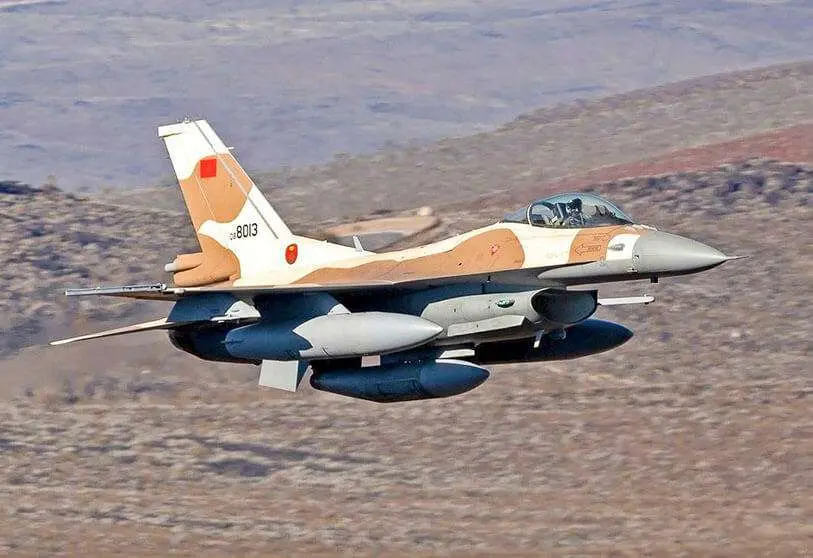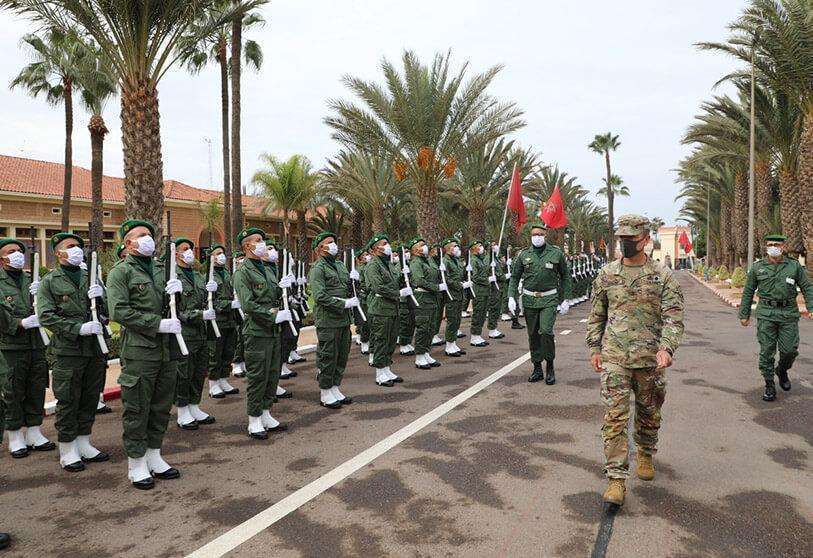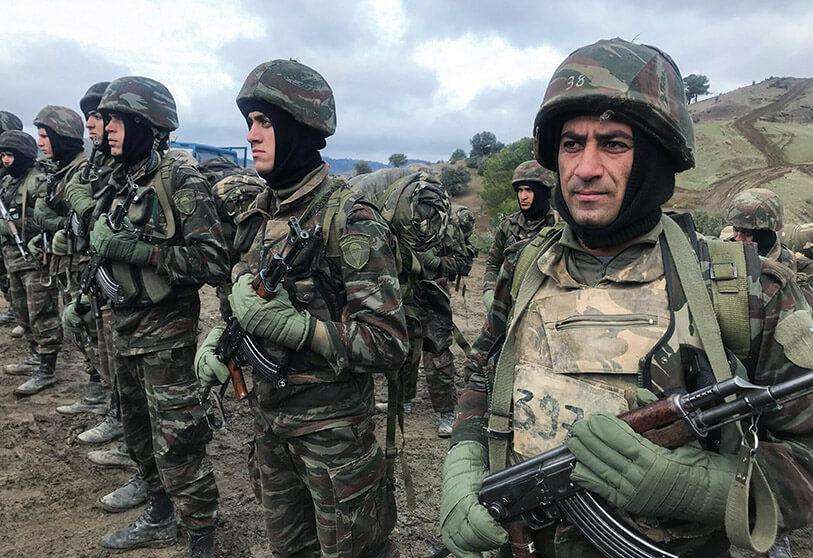Rearme marroquí en respuesta a Argelia: 3,6% más de gasto en defensa para 2023

The Moroccan Minister of Economy and Finance, Nadia Fettah, presented to the House of Representatives the budgets adopted by the Governing Council for 2023. It will allocate USD 5.2 billion to the defence portfolio.
In the breakdown of the document presented by Fettah's ministry on Wednesday, the spending ceiling allowed to the Defence Administration, a secretariat of state under the presidency in Morocco, amounts to USD 11.03 billion for 2023. This spending is earmarked for "Acquisition and repair of equipment for the Royal Armed Forces", which means that it is the total capital earmarked for acquiring new weapons systems and maintaining those already in the possession of the Moroccan forces.
In 2022, this same section of the annual budget law amounted to 10.64 billion, which is an increase of around nearly USD 1 billion in budgets.

This figure does not represent Morocco's defence spending, but rather the amount that Abdeltif Loudyi's portfolio is allowed to spend, taking into account appropriations, in addition to surpluses from the previous year's budget. This amount, which is much higher than Morocco's defence budget, indicates that not enough purchases have been made by 2022 to spend the entire budget for procurement and maintenance of weapons systems.
However, Morocco has big plans for its air defence, a project in which it is counting in particular on the participation of Israeli industry, which has concluded important cooperation agreements with the Moroccan government. The Moroccan air force should also soon get its upgrades to the block 72 Viper for its F-16 squadron. The spending ceiling numbers may indicate that the purchases have not yet been made and that this equipment is not yet in the Moroccan military's possession.
With this 3.6% increase over the previous year, Defence is once again the ministerial portfolio that spends the most after National Education, Pre-school and Sports, which usually leads this ranking.

Spending on maintenance and innovation is not the only one to grow. According to the document presented by the Akhannouch government to parliament, there will be 7,000 new recruitment posts subject to the public budget for the defence administration. They can be translated into new recruits and various agents employed at the Loudyi state secretariat.
Defence funding, however, continues its upward trend. Morocco is part of the select international club that spends more than 4% of its gross domestic product on defence. By comparison, only nine NATO alliance members exceed the threshold of 2% of GDP for defence, and only two of them come close to 4%: Greece and the United States with 3.76% and 3.47% respectively in 2022.
Morocco, in constant confrontation with Algeria, made a considerable leap in its military spending from 2019 to 2020 when it went from 3.1% to 4.5%, the biggest annual jump in the last two decades.
Since Algiers, a significant increase in defence spending is foreseen. According to the document distributed last week to Algerian parliamentarians for vote and approval, the Tebboune government wants to allocate USD 23 billion for defence, more than double what it used to spend during the 2010s.

This bill will not be debated, as is the norm in Algeria with defence and national security laws. The growth in Algerian spending can be explained by the great power the armed forces have over Algerian politics, especially since the reshuffling of cards following Bouteflika's ouster.
Algeria could use this increase in defence spending to strengthen its agreements with defence industries other than Russia in order to circumvent potential US sanctions and have a more ambiguous position on the international chessboard marked by the West-East divide and the war in Ukraine.
Among these new suppliers for Algeria, Turkey clearly stands out. It is already known that the Aksungur MALE attack drones will be sold to the Algerian air force, making it the first international buyer of this product, which far exceeds the capabilities of the Moroccan Bayraktar.
The increase in spending could also unblock some long-pending dossiers in the Algerian parliament, such as pensions and compensation for veterans and those wounded during the Algerian civil war.








